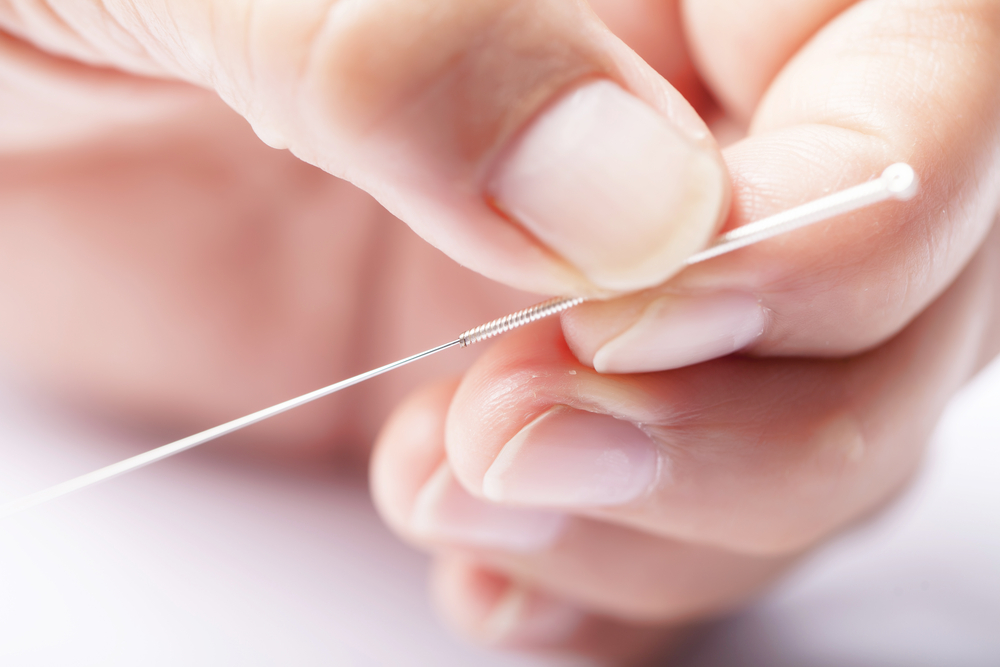A new systematic review was performed to assess the efficacy of acupuncture in the treatment of children with asthma. The study entitled “Efficacy of acupuncture in children with asthma: a systematic review” was published this July in the Italian Journal of Pediatrics.
Asthma is a frequent inflammatory disease affecting both children and adults, characterized by airway hyper-responsiveness, obstruction, mucus overproduction and remodeling of the airway wall. Globally, this condition affects on average more than 300 million individuals with a wide prevalence of symptoms and severity in children. The development of asthma in children is associated with several factors including genetics, environmental factors and daily life. The standard therapies for asthma have many adverse side effects such as inhaled corticosteroids affecting growth in children.
Acupuncture, a form of traditional Chinese medicine with needles, as well as electro-acupuncture, laser acupuncture, and transcutaneous electrical nerve stimulation have been used as therapies for asthma. Various meta-analyses did not show supportive evidence of a considerable benefit of various forms of acupuncture relatively to efficacy, however, anecdotal reports of its effectiveness are prevalent and it continues to grow in popularity as an alternative therapy for asthmatics. This new study sought to further review its use, particularly in children with asthma.
This study consisted of a systematic review of the efficacy of various types of acupuncture in the treatment of asthma in children. The researchers analyzed the MEDLINE, Embase, and Cochrane Library databases until October 2014. They also included randomized controlled trials of children and adolescents, lower than 18 years of age, with asthma. They collected the various results and evaluated the quality of the methods. For the systematic review they included a total of 32 articles and seven studies with 410 patients.
Overall, the authors found variability in the methodology and reporting used in the studies and is a relevant issue. The results suggested that acupuncture may have beneficial effect relative to peak expiratory variability, which is the maximum flow generated during expiration performed with maximal force and started after a full inspiration, in children with asthma. The efficacy of acupuncture on other outcome measures is unclear. The authors highlight the small number of studies and with relatively few patients included in this review. As a result, large scale randomized controlled trials using similar methodology and assessing similar outcome measurements are necessary to evaluate the efficacy of acupuncture as therapy for children with asthma.

